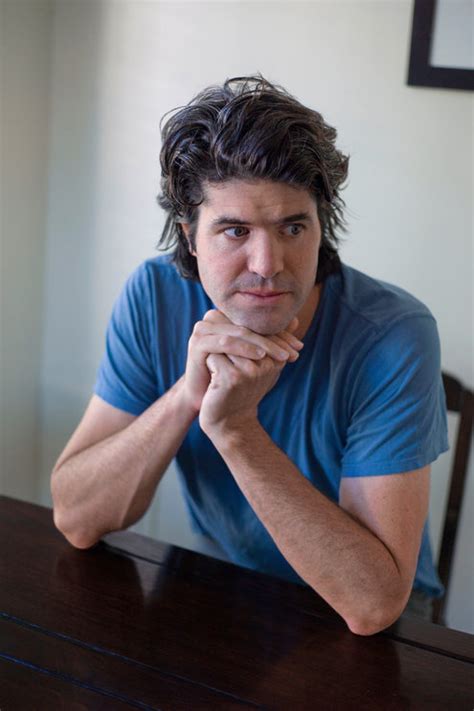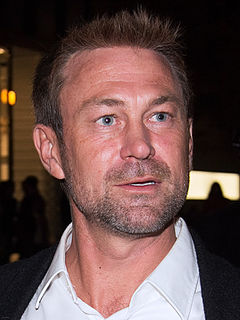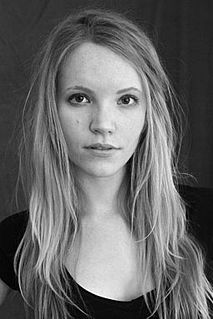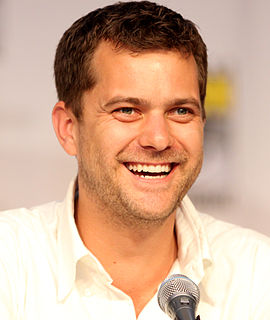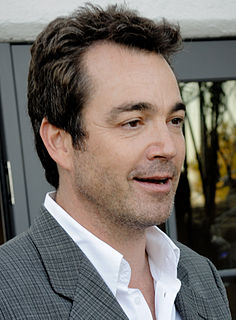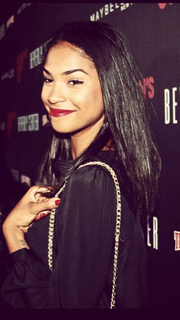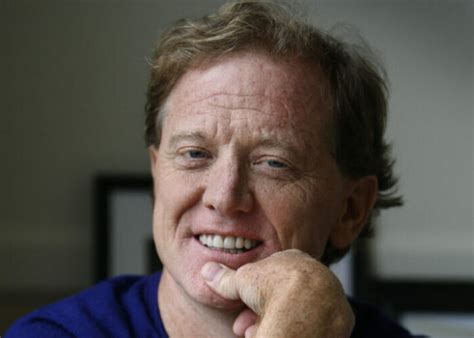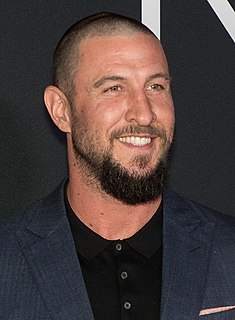A Quote by J. C. Chandor
That's what film can do in a way that TV and other long-form storytelling can't. It gives you this very immersive moment.
Related Quotes
Television is what we call the long form of storytelling, where we tell stories over thirteen, twenty-two, or twenty-four hours. Miniseries is an eight-hour form of storytelling, and film is a two-hour form. Each and every one of them are important to me, because they're a different modality of storytelling.
It is very linear storytelling, and I think that's not so much the fashion. I was watching a new drama the other night which was extremely non-linear, where you flash back and flash forward in ways that certainly keeps you on your toes as the audience. There's not much of that courage with the storytelling in our Maigret film.
I think there seems to be a need for escapism at the moment. Maybe that's the type of world we're living in. It's a sanctuary, in a way, where you can immerse yourself in something that doesn't exist, whether that's TV shows or comic books or novels. it's not solely down to magic and vampires - that's in at the moment. but escapism, being a part of other worlds, is very good for you.
When J.J. [Abrams] called Lisa [Joy] and myself, he pitched us this idea of, what if we turn the structure around and started with the hosts. For us, that gave us a way to play with everything that we're interested in, all at once. It's the ultimate playground for us because we deal with questions about artificial intelligence, which is something I've long been fascinated by, but also human intelligence, or the lack thereof, human behavior, and interactive, immersive storytelling.
